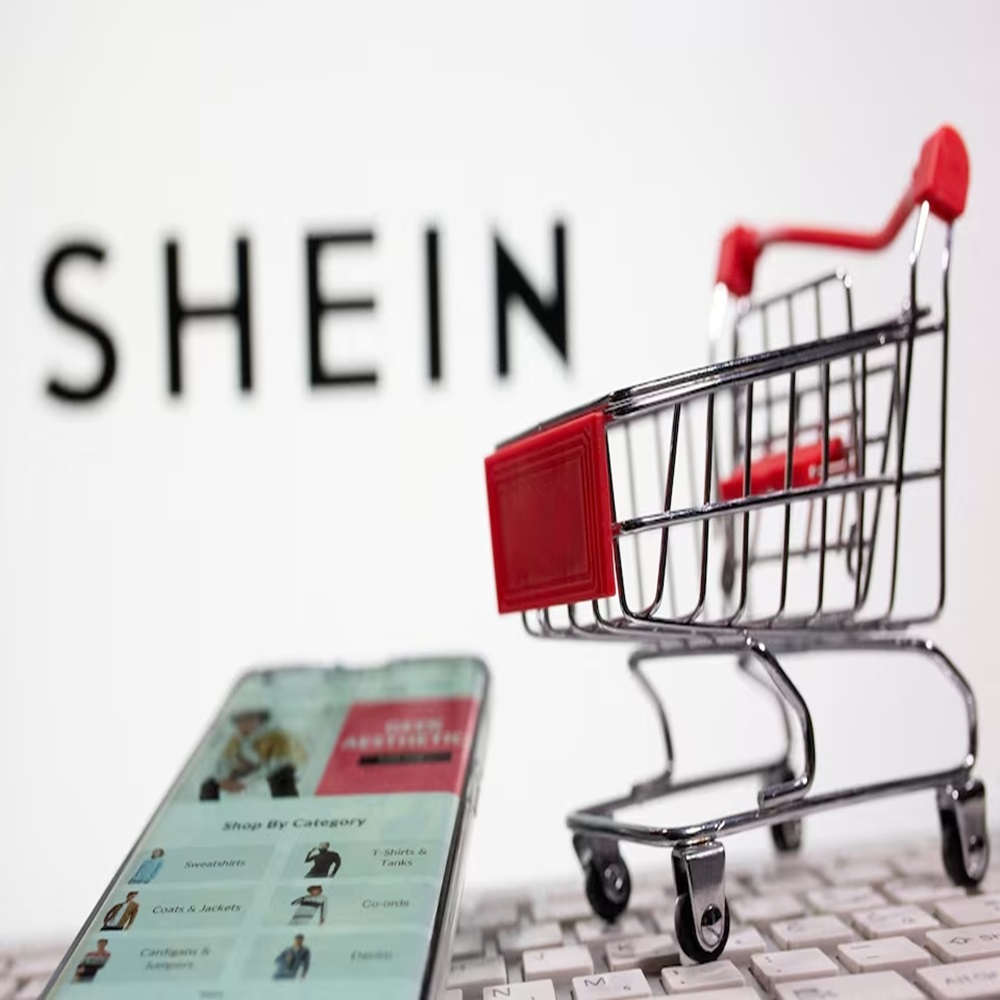Brittain Ladd, a supply chain consultant and former Amazon executive, says it's a wise decision.
"Shein and Temu are both doing exactly what I stated they would do when I first started writing about the companies two years ago," he wrote in a LinkedIn post.
"They are basically adopting the Chinese business model that Pinduoduo, Alibaba, and JD.com have masterfully written: offering an open ecosystem of choices and services to everybody."
Donald Tang, the executive chairman of Shein, informed investors of the aforementioned strategy in a letter. letting other designers and brands use his company's method to test new fashion products in tiny quantities and monitor their consumer reception. The new project was dubbed "supply chain as a service" by Tang.
Ladd said, "With the aid of its small batch, on-demand manufacturing model, Shein has revolutionised fashion manufacturing and has rapidly expanded from a discount Chinese apparel seller to a global fashion brand, currently selling to more than 150 countries."
It has agreements with thousands of Chinese firms that produce tens of thousands of new models every day. It uses real-time data to swiftly evaluate demand, puts orders with suppliers for delivery in a few of days, and replenishes orders as necessary.
"Its extremely low prices are mostly due to the reduction in storage costs and inventory waste."
Shein is focussing on its strong ability to manufacture and deliver fashion products efficiently by opening up its supply chain ecosystem to other businesses. I want to emphasise again how wise this move is for Shein.
Ladd contends that everyone has the wrong idea about Shein. Retail executives think that the industry will continue to concentrate on low-cost, rapid fashion in small batches.
That is untrue. Shein is going to follow every trend, I promise. It will accomplish this by granting brands access to their infrastructure and technologies. Additionally, it will start offering clothing that directly competes with those found in stores like Target, Walmart, Macy's, and The TJX Companies.
"Shein can deliver fashions that will be 30% to 50% less while improving the quality of its designs and utilising its manufacturing and supply chain expertise."
Ladd went on, "Shein makes me think of Amazon." Retail executives had been saying for years that "no one will buy their clothes online." The biggest clothing retailer in the world is Amazon. "Shein can't manufacture and sell fashions that can compete with our brand" is a mistake that far too many CEOs still make.
He thinks the company is only getting started.
In the USA, Temu has emerged as the second-most popular shopping app. According to Ladd, it will completely destroy entire categories. Temu will specifically concentrate more on clothing, electronics, tools, shoes, and home goods.
Like Amazon, Temu is evolving into a "everything store," according to Ladd.

Categories

Magazine Editions



















